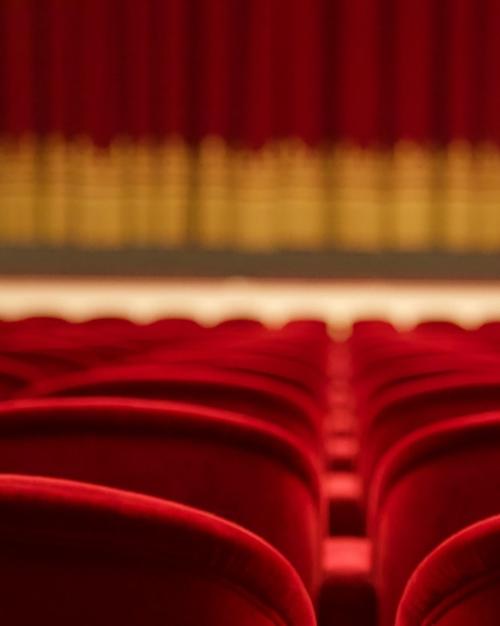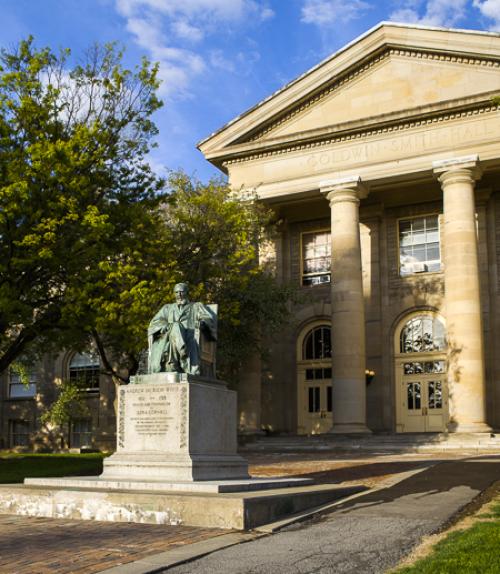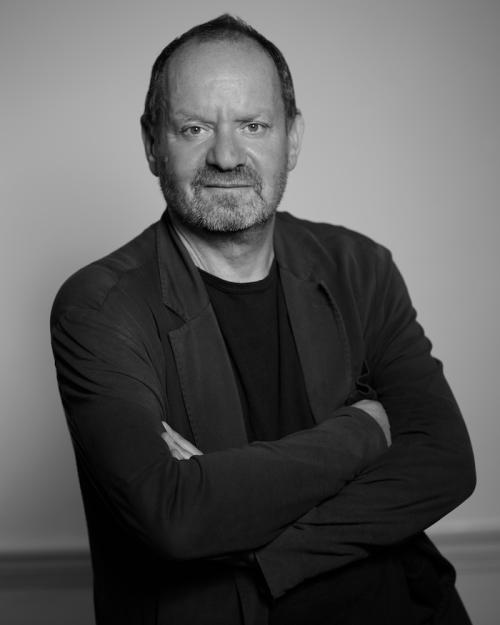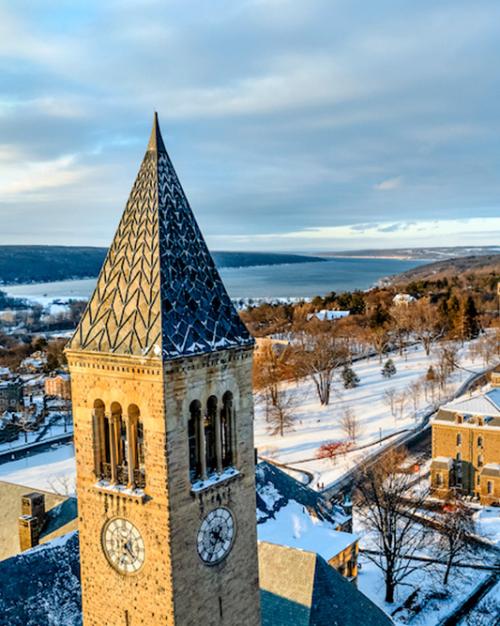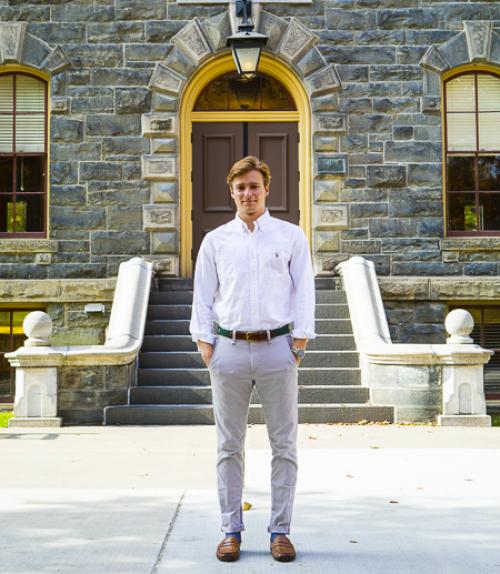Ryan Musto
Near Eastern studies & history
New Canaan, CT
Why did you choose Cornell?
Perhaps unusual among prospective students, I knew exactly what I wanted to learn and what I wanted to do when I was looking at colleges: study Arabic and the Middle East and use those skills to become a journalist. Therefore, I was initially drawn to Cornell because of its top-caliber Near Eastern studies department. But what kept me around wasn't just the department, though it turned out to be all I could've hoped for and more. The deciding factor in choosing Cornell was that the university so clearly is a place that cares about making a difference in the world. All universities want to educate their students, but I believe few special institutions of higher learning really have a vested interest and mission to mold students that can lead lives of service. Cornell, right off the bat, struck me as a place that has long had the right combination of ingredients to take a first year student and, four years later, produce someone who can tackle the pressing global issues of the day.
What are the most valuable skills you gained from your Arts & Sciences education?
The most valuable skill I gained from my Arts & Sciences education is the ability to demystify a foreign culture, language, practice, or perspective. This "skill set" is truly a never ending journey, but the College of Arts & Sciences has provided me with a roadmap to understanding the "other": that which at first glance may appear so opposite but is in fact more similar than one can imagine. I've always liked to think of the Arts Quad as an educational global village: you can walk into practically any classroom and be transported to another continent, walking away with powerful newfound appreciations.
What is your main extracurricular activity and why is it important to you?
My main extracurricular while at Cornell has been filmmaking. I have filmed and directed two documentary shorts with fellow students—one from Nicaragua on that country's 2018 nationwide civil uprising and one from refugee camps along the Syrian-Lebanese border on the plight of displaced children. Filmmaking has allowed me to explore the political and regional topics I am so familiar with through a creative angle that, before Cornell, I never knew I had an eye, appreciation, or knack for.
What have you accomplished as a Cornell student that you are most proud of, either inside the classroom or otherwise?
I am super proud of completing my senior thesis. It's one thing to attend lectures but it's an entirely different sort of education to engage firsthand with scholarship and research. A totally new experience for me, writing my thesis—which is on Orientalism in the military planning and execution of the 1915 to 1916 Battle of Gallipoli—has been a long, tedious, and thought-provoking experiment in putting to use the academic skills I have spent the past four years honing.
If you were to offer advice to an incoming first year student, what would you say?
My biggest piece of advice for incoming first year students would be to lean into challenges and unfamiliar territory while at Cornell. No one can expect to grow and learn if they do not push themselves into what at first might strike them as uncomfortable or too difficult. I spent the second semester of my junior year studying abroad in Beirut, Lebanon—a pretty uncommon place for students to study for five months. No study abroad program existed prior to my departure, so I had to jump through a ton of hoops to be allowed to study there. Finally, after being approved by Cornell and arriving in Beirut, I became one of only a handful of non-Lebanese students at the the university, most people speaking almost entirely French or Arabic. In the beginning, this was definitely a step out of my comfort zone, but I couldn't be more thankful for the experience and the intellectual and personal growth that accompanied it.
